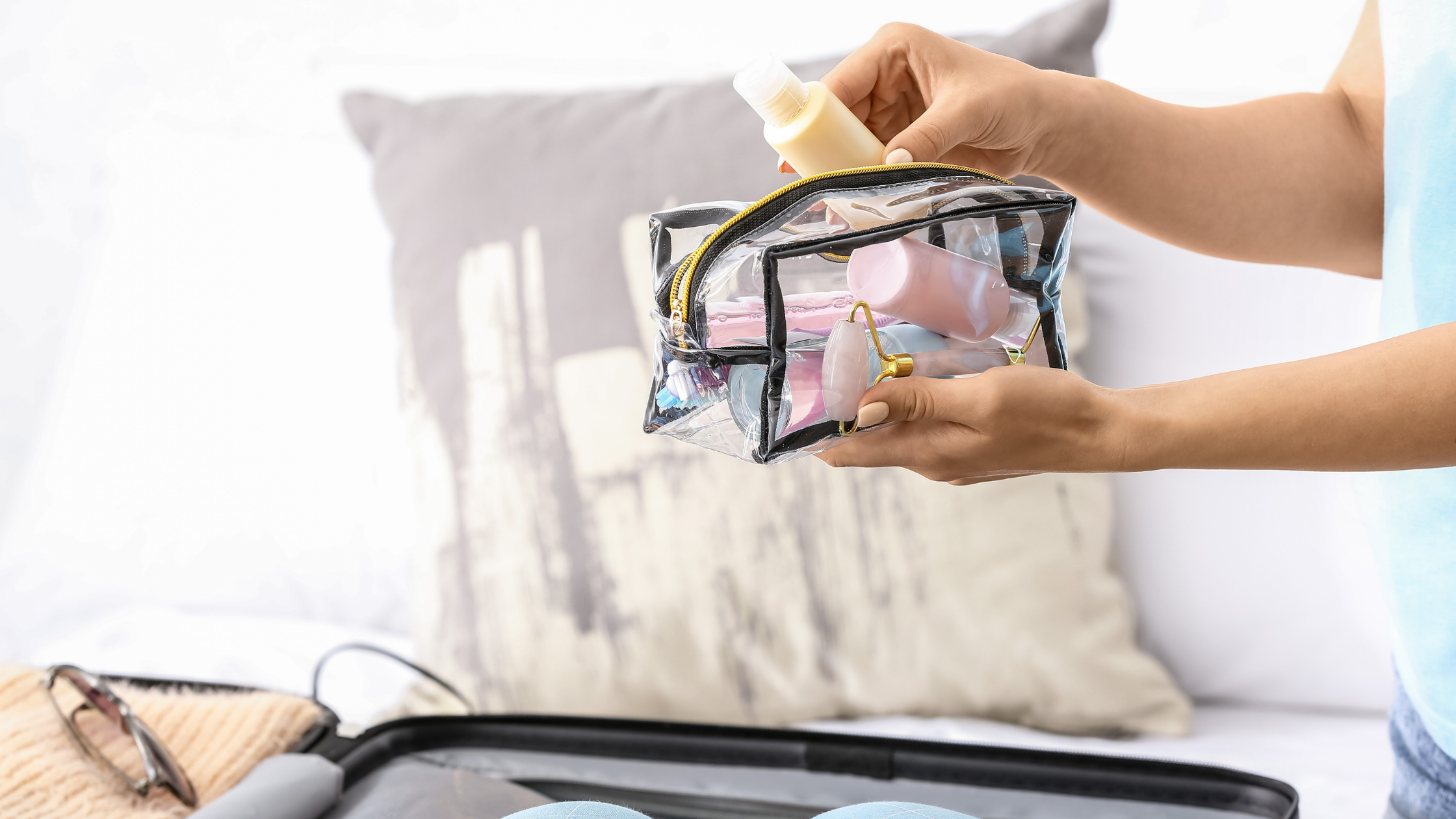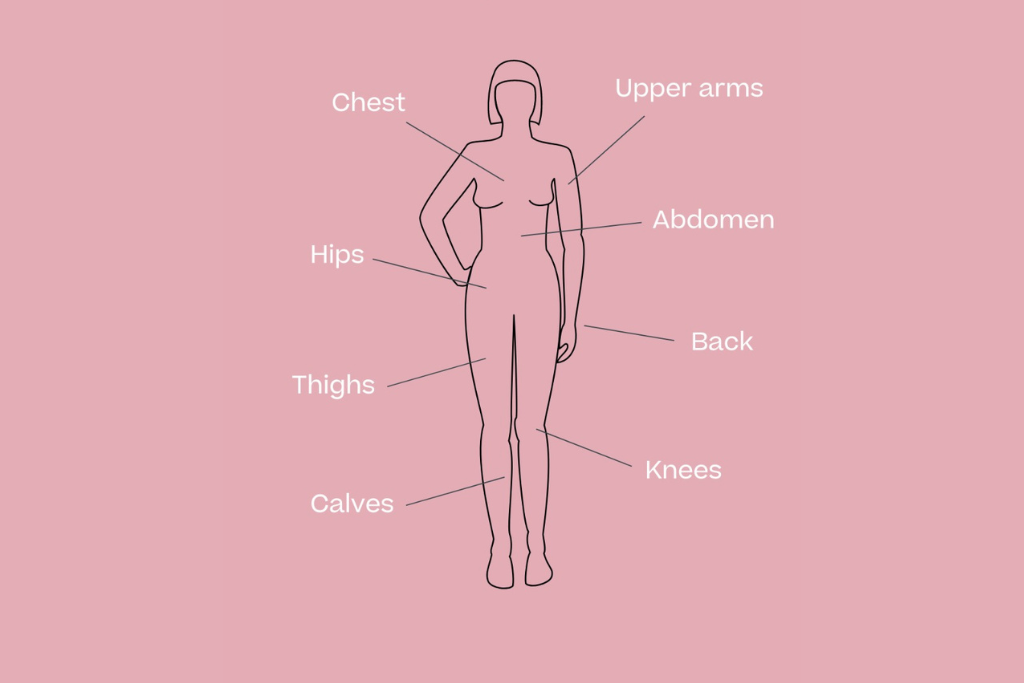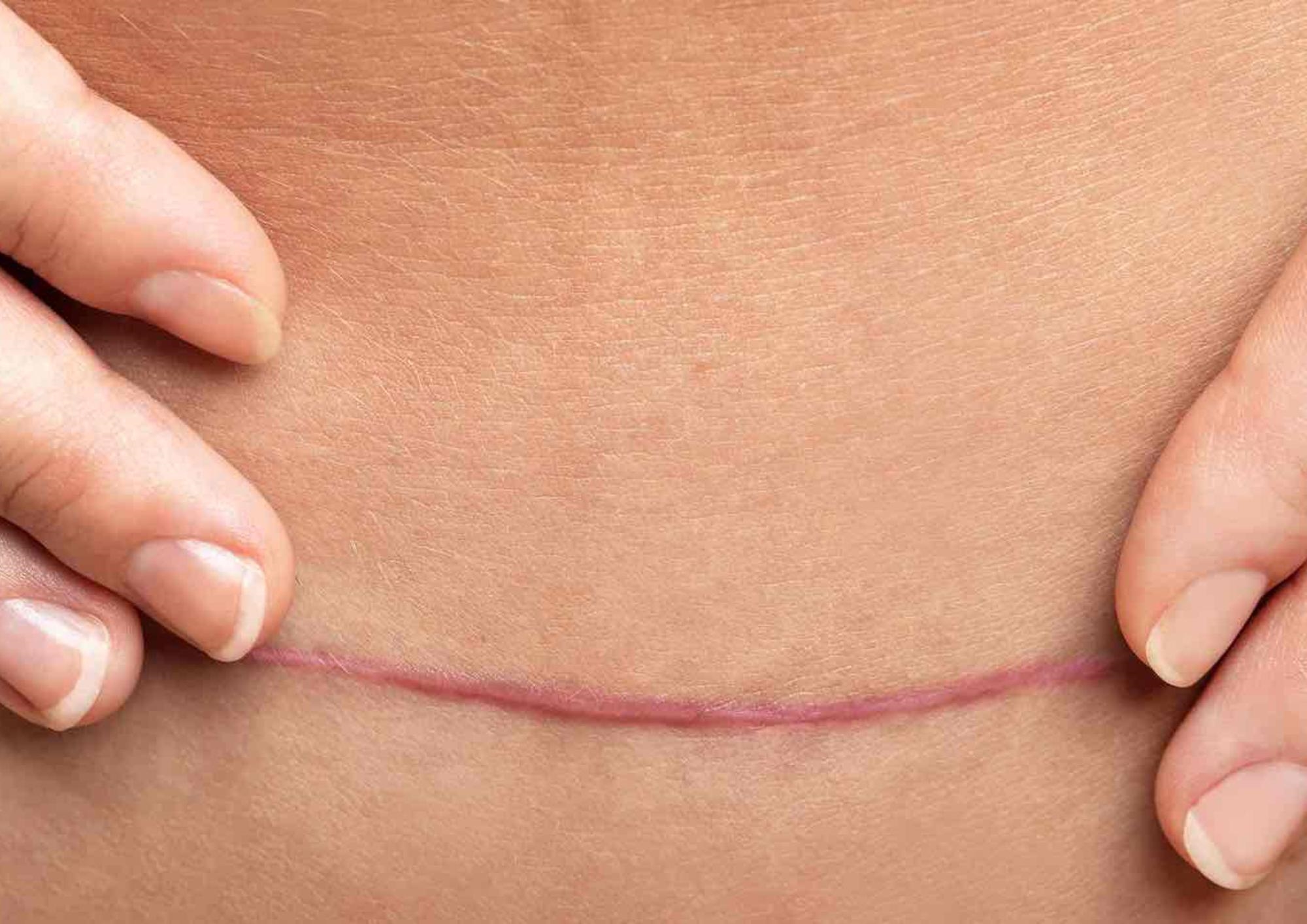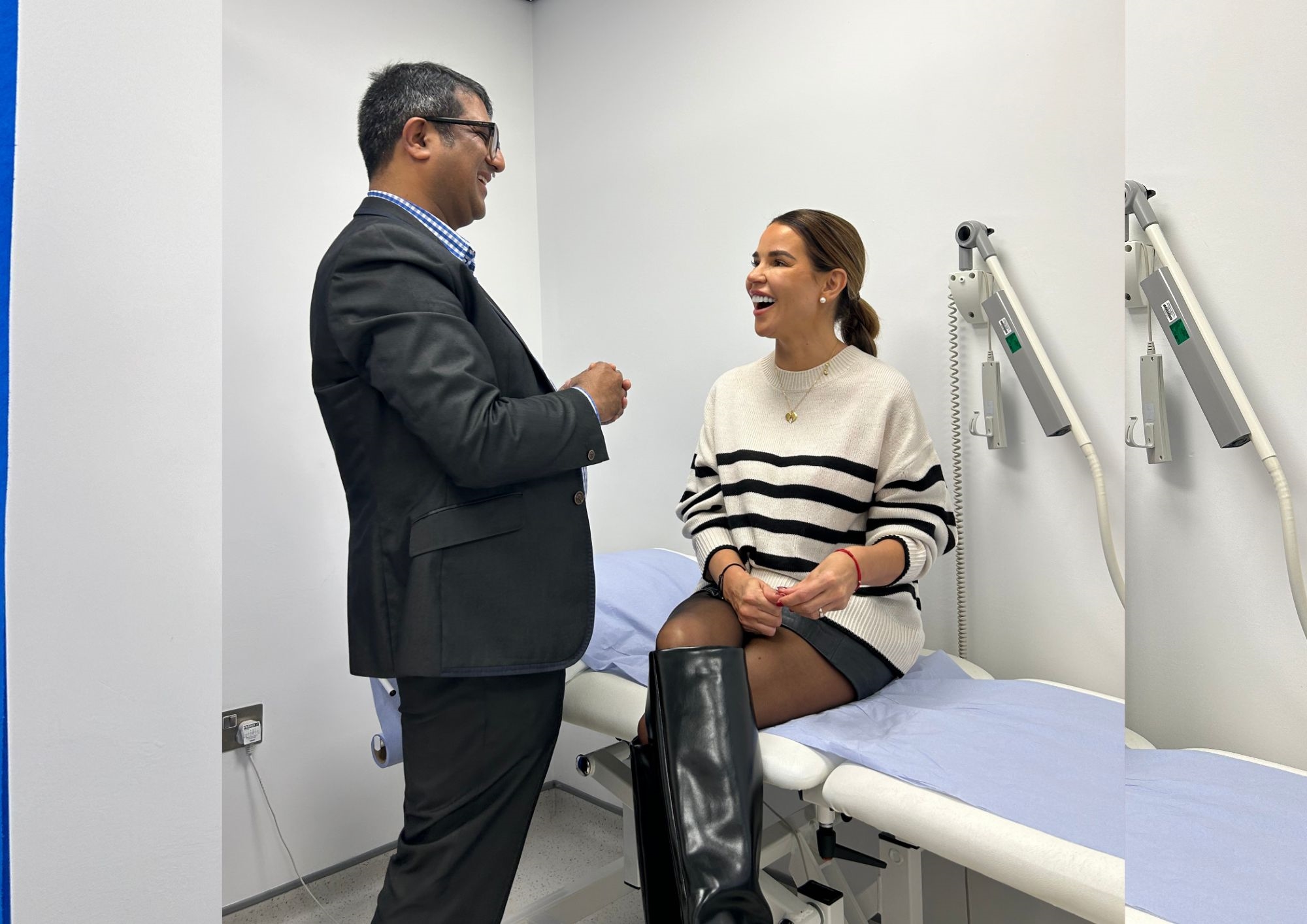
After cosmetic surgery your body needs time to heal. This means going on holiday too soon could be harmful but it will also probably defeat the object of your trip — relaxing and having fun.
You might not be planning an adventure-packed time, but it’s best to wait for at least 8 weeks after surgery so you can fully participate in everything your holiday has to offer.
When can I fly after cosmetic surgery?
The most dangerous threat from flying after plastic surgery is Deep Vein Thrombosis (DVT) which occurs when potentially fatal blood clots form, most likely due to immobility. It’s therefore generally advised that you wait a minimum of two weeks for short-haul flights and four weeks for long-haul trips.
When can I swim after cosmetic surgery?
When it comes to swimming our surgeons recommend waiting until surgical wounds have healed and no longer cause pain. Swimming should be for a short duration as water may create additional moisture and increase risk of infection. It can also cause strain on the breast area, which is why you should never get into the swimming pool or open water if the wound is still open.
When can I expose myself to sunlight after cosmetic surgery?
UV exposure from spending time in the sun is not recommended after breast surgery. This is because stretched tissue from augmentation is more sensitive to sun exposure and therefore likely to burn. There is also less sensation in the skin after surgery, so you may not feel the skin burning during sun exposure.
Scars may become inflamed and appear darker and more prominent (hyperpigmentation). Sunbathing after breast surgery also destroys collagen, causing skin to weaken and become saggy.
It may be safest to use fake tanning products, waiting up to three weeks to apply and taking care to cover any scar tissue to avoid infection. If you must sunbathe or use tanning beds, it is advisable to wait at least six to eight weeks after surgery and speak with your surgeon first.
Extra care must be taken to protect the breast tissue by applying a high protection UVA/UVB sunblock or cream (at least factor 30) and covering up with clothing for 12 months after surgery. Plasters may also be applied to protect the scar area.






